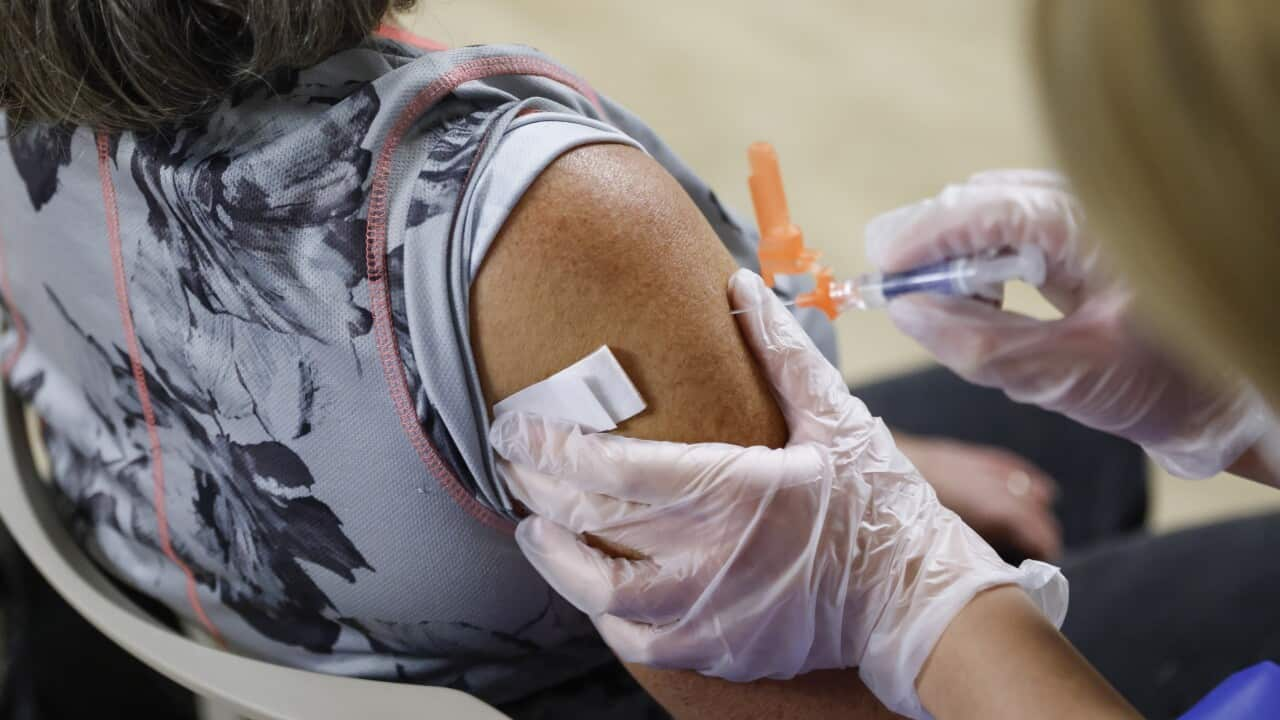There are hopes the "holy grail" of flu vaccines could become a reality after a discovery made by Australian researchers.
Scientists at the Doherty Institute have identified nine new similarities between different types of the influenza B virus, which can be particularly dangerous for children.
Killer T-cells in the immune system each reacted strongly to those nine fragments, which lead researcher Katherine Kedzierska likened to a "target" for future vaccines that aim to fight off all forms of the flu.
"The findings are significant as they pave the way for the design of potential vaccines," the University of Melbourne and Doherty Institute laboratory head said.
She said identifying parts of the virus that did not change was the "ultimate goal in the quest for a universal influenza vaccine".
"Such vaccine would potentially not require annual reformulations or vaccinations, although occasional boosts may be needed as we age or for those with underlying health conditions," Professor Kedzierska said.
"We would perhaps not need to get vaccinated annually but periodic boosting every five or 10 years."
The study was published in the prestigious journal Nature Communications on Tuesday.
Professor Paul Kelly, interim head of the Australian Centre for Disease Control, described a universal flu vaccine as "the holy grail".
"If we can have a universal flu vaccine that would be an enormous breakthrough," Kelly told ABC TV on Tuesday.
Kelly described the research as "early days" but said he'd be watching developments "closely over the coming years".
Kedzierska said it would be difficult to put a timeline on any future work and explained that understanding how T-cells recognised viral variants could increase understanding of other viruses.
She said the findings should serve as a reminder for Australians to get vaccinated before the flu season.
"The current influenza vaccines are still the best way we can combat annual epidemics," she said.
"This is especially important for individuals in high-risk groups, including the elderly, pregnant women and people with comorbidities."
Kelly said peak flu season was typically between June and September, "but in the last few years it has been earlier".
Authorities have recorded 42,000 laboratory-confirmed cases of the flu in Australia so far in 2024 and more than 289,000 cases in 2023.












